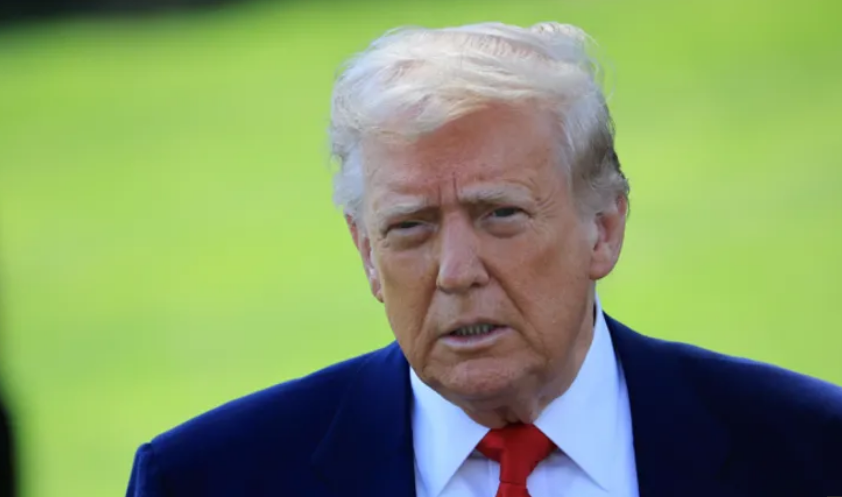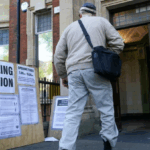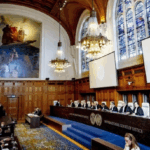Former President Donald Trump has signed an executive order instructing the Corporation for Public Broadcasting (CPB) to cut off federal funding to the Public Broadcasting Service (PBS) and National Public Radio (NPR), citing claims of biased and partisan coverage.
Announced Thursday evening, the order directs the CPB board — which allocates funding to local PBS and NPR stations — to “cease direct funding to the maximum extent allowed by law.” Trump accused both media organizations of failing to provide a fair and unbiased portrayal of current events.
PBS swiftly condemned the executive order, calling it “blatantly unlawful.” Paula Kerger, CEO of PBS, warned that the directive could jeopardize the organization’s long-standing mission to provide educational and public service programming to Americans. “This threatens our ability to serve the public, as we have for over 50 years,” she said.
The CPB also pushed back against the order. CEO Patricia Harrison said the CPB is not a federal executive agency and therefore not subject to presidential directives. “Congress directly authorized and funded CPB to be a private nonprofit corporation wholly independent of the federal government,” she noted, citing federal statutes that explicitly prohibit any governmental control over educational broadcasting.
The White House defended the order, arguing that public funding of media is “outdated” and undermines the appearance of journalistic independence. “The media landscape is now more diverse than ever,” a spokesperson said.
However, the CPB’s funding — which includes support for both NPR and PBS — has already been approved by Congress through 2027. NPR, which receives about $120 million from CPB, said that the amount accounts for less than 5% of its overall budget, but warned that local affiliates and underserved communities could face serious consequences.
The order comes amid broader concerns about press freedom. On Friday, Radio Free Asia, another U.S.-funded broadcaster, announced it was scaling back operations and laying off most of its staff. CEO Bay Fang blamed the Trump administration’s refusal to release congressionally appropriated funds, despite a recent court ruling in the broadcaster’s favor.
Media watchdog Reporters Without Borders issued a warning about what it called “an alarming deterioration in press freedom” in the United States, pointing to increasing difficulties faced by independent journalists.
The move sparked public support from cultural figures, including R.E.M. frontman Michael Stipe, who said in a statement, “Whether it’s music or a free press — censorship anywhere is a threat to the truth everywhere.”

















